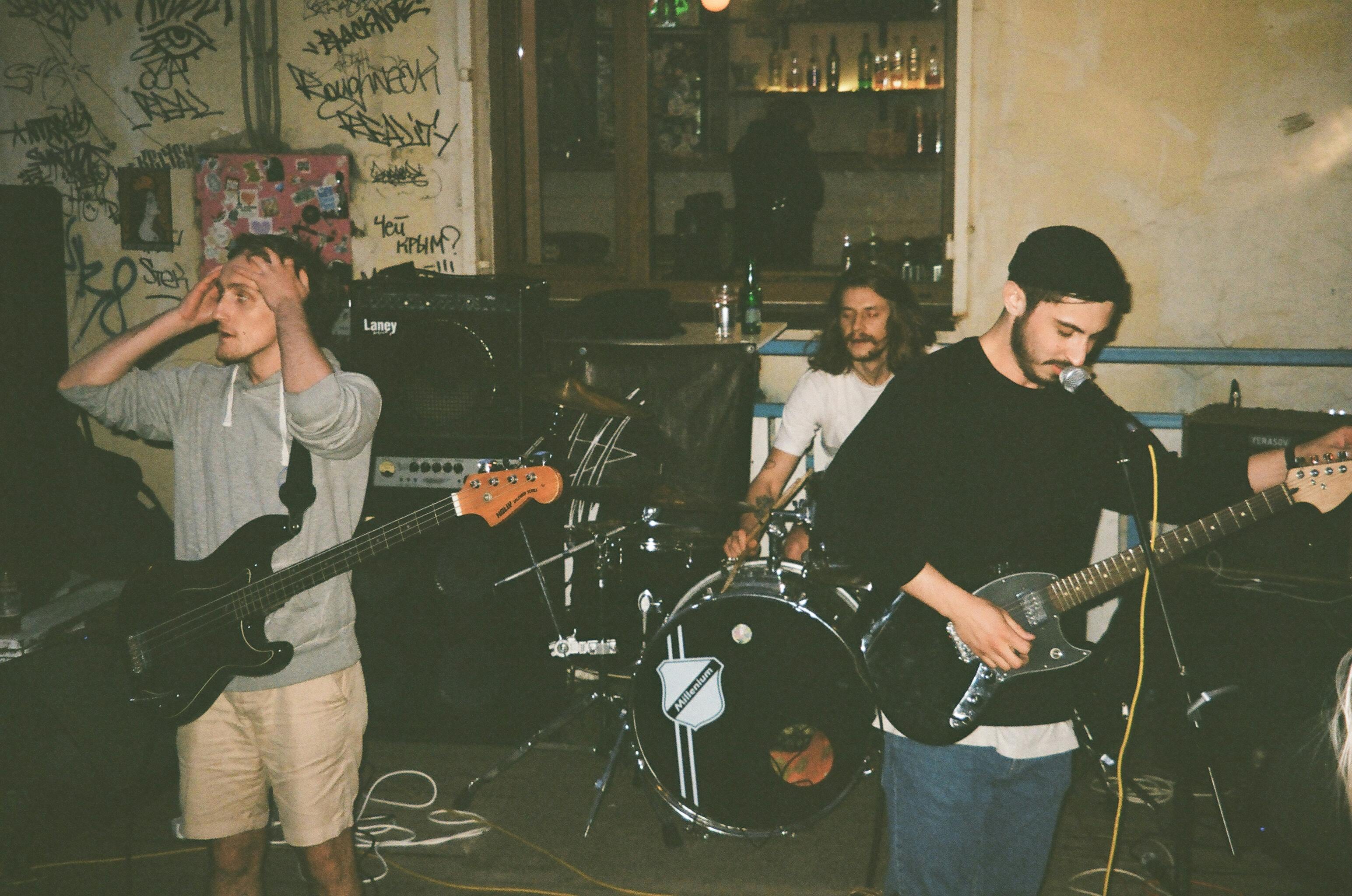Music Venue Trust disagrees with Bob Lefsetz’s anti-grassroots venues views
Music industry blogger, Bob Lefsetz says solution to grassroots venues crisis is, “Let the clubs close.”
While reports suggest live music in the UK has recovered since the pandemic, it’s no secret that the experience of smaller venues at the grassroots paints a very different picture. This issue isn’t just isolated to the UK, and there have been many efforts to save small venues. However, a rogue opinion from industry blogger Bob Lefsetz has got Music Venue Trust CEO, Mark Davyd’s attention.
Last year, 125 small venues closed in the UK, with Australia seeing an even more drastic decline, losing a third of its small to mid-sized venues since the pandemic. Rising costs, fierce competition, and industry monopolies have squeezed out many smaller venues. Music commentator Bob Lefsetz has offered his solution: let them close.
In Lefsetz’s view, today’s music industry no longer depends on grassroots venues to help artists launch their careers. “The bottom line is today’s generation doesn’t want to go to clubs to listen to the music of unsigned or developing acts,” he argued. Lefsetz believes that artists today don’t need the old-school gig circuit, as they can establish a fan base directly through social media platforms like TikTok or YouTube, bypassing traditional methods.As he sees it, venues are becoming increasingly irrelevant as artists gain traction online before transitioning directly to larger audiences through support slots for established acts or headline shows in major arenas.
Mainstream acts such as Coldplay have pledged to support smaller venues, and a proposed levy on tickets to large events would go a long way to preventing further closures. These are efforts that Lefsetz doesn’t believe in.
However, many disagree, arguing that closing small venues would remove an essential part of the industry’s ecosystem. Music Venue Trust CEO Mark Davyd strongly criticized Lefsetz’s stance. Davyd stated that small venues are vital for artists to develop their live skills and connect directly with fans in ways social media can’t replicate. In his view, Lefsetz’s “solution” represents a narrow understanding of the live music scene, focusing solely on big-ticket stadium shows while ignoring the irreplaceable experience of intimate live performances.
Small venues are also training grounds, not just for musicians but for promoters, sound technicians, and other essential industry staff. Without these spaces, there would be fewer opportunities for emerging talent, not only in music but across the entire industry infrastructure. Venues like Nashville’s The Basement or Toronto’s Lee’s Place helped launch artists who are now enjoying major success, and these spaces often form the first vital rung on the career ladder.
While it’s true that many artists now get their start online, the role of small venues goes beyond simply being a stepping stone to fame. For music’s “middle class” – artists who may not top the charts but have dedicated fan bases – small clubs are crucial for sustainable careers.
The discussion about the role of small venues is ongoing. While online platforms have transformed the industry, small music venues remain valuable for artists looking to build and connect with audiences in ways only live shows can provide. Social media success can often be ephemeral, and artists don’t gain stage skills and experience through livestreaming from their bedrooms. The future may call for an approach that values both digital reach and the in-person connection that only small venues offer.
